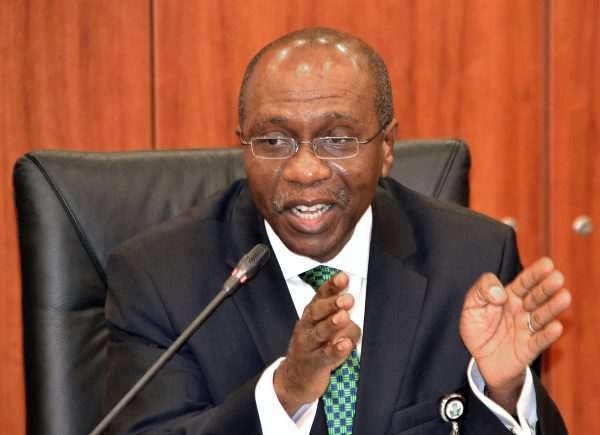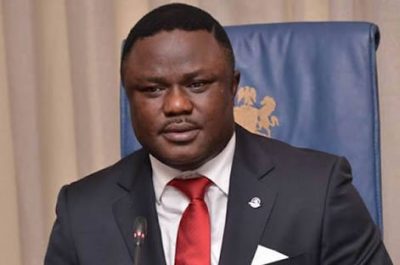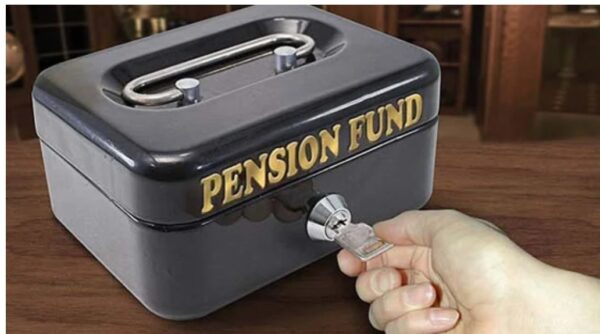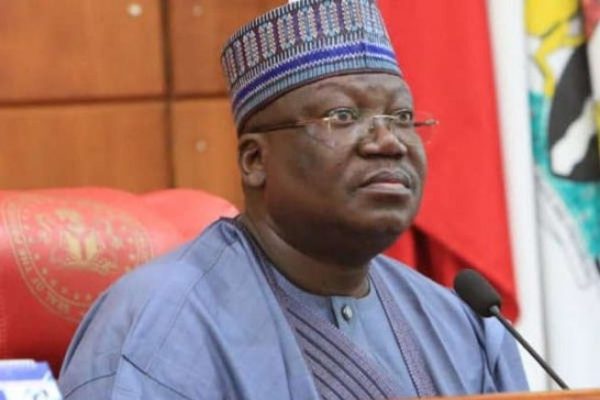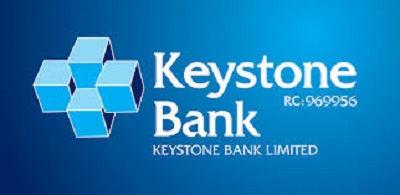Reps Summon NNPC, CBN, FIRS, EFCC, Probe Illicit Financial Flows
 The House of Representatives has resolved to invite various departments and agencies of the Federal Government over illicit financial flows in Nigeria.
The House of Representatives has resolved to invite various departments and agencies of the Federal Government over illicit financial flows in Nigeria.
At the plenary on Thursday, the House specifically mandated its committees on Finance; Anti-Corruption; Financial Crimes; Banking and Currency; and Insurance and Actuarial Matters to ‘investigate the phenomenon of illicit financial flows and appraise the Federal Governments current policy framework to curb the continuous loss of Nigeria’s’ revenues to illicit financial flows’.
The House also mandate the committees on finance; national planning and economic development; anti-corruption; financial crimes; banking; and currency and insurance and actuarial matters to appraise the Federal Inland Revenue Service’s current framework for identifying, tracing, preventing and sanctioning cross-border tax evasion and other illicit financial outflows.
The committees are to invite the Minister of Finance, Budget and National Planning, Zainad Ahmed; and heads of the Federal Inland Revenue Service, Economic and Financial Crimes Commission, Central Bank of Nigeria, Independent Corrupt Practices and Other Related Offences Commission, Nigerian Financial Intelligence Unit, Nigerian Export-Import Bank, Nigerian National Petroleum Corporation ‘and any other relevant institutions’.
They are to ‘address the committees on the continuous loss of government revenues to illicit financial flows and present reports on the measures to curb revenue losses, particularly the coordinated implementation of the automatic exchange of information standard, to prevent further revenue leakages, curb tax evasion and money laundering activities’.
These resolutions followed the unanimous adoption of a motion moved by Chairman of the House Committee on Local Content, Ochiglegor Idagbo, titled ‘Need to appraise Nigeria’s legal framework against illicit financial flows’.
Idagbo explained that IFF was the cross-border transfer of capital that was illegally earned, transferred or utilised, and often consisted of commercial money laundering, tax evasion and proceeds of corruption and criminal activities.
The lawmaker said that the socioeconomic development of Nigeria had deeply suffered due to the unabated cross-border financial dealings of the nation’s revenues resulting from illicit financial flows.
Idagbo decried that statistics showed that the amount of revenues lost annually was more than what came in as development aid.
“The net official development aid received by Nigeria in 2017 was $3,358,790,000, and the United States Agency for International Development has donated over $526.7m in humanitarian assistance to Nigeria and the Lake Chad Basin since 2017. Yet, none of the aforementioned figures matches the estimated $15 and $18bn Nigeria loses to IFFs annually, hence Nigeria continues to struggle with growing inequality, poor infrastructure and lacking service delivery,” he said.
The lawmaker further decried that despite having at least 12 institutions and agencies responsible for tackling IFF and related crimes, Nigeria continued to be menaced by weak regulatory structures and complicity of other financial secrecy.



